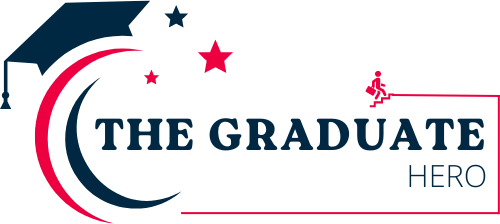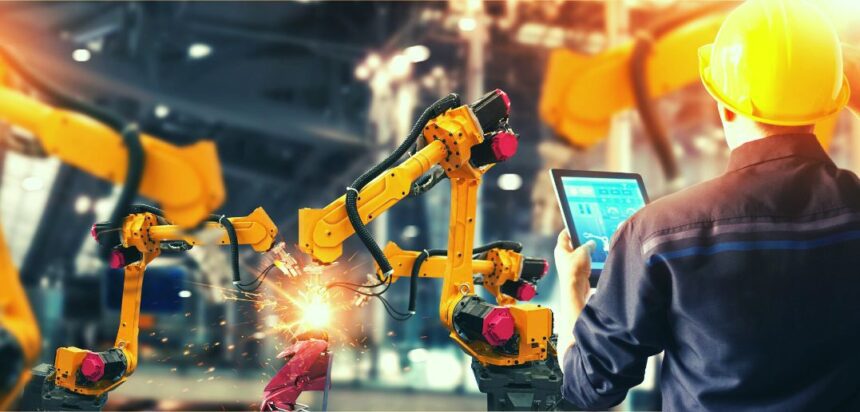Are you exploring a career path focused on enhancing production efficiency? Becoming one overall equipment efficiency The (OEE) specialist offers opportunities to improve manufacturing processes through data-driven machine utilization optimization. This critical role improves operational excellence in factories across industries.
OEE specialists track losses from asset availability, rate of return and quality returns to quantify and address underutilization of production investments. Learn more below about the multi-faceted skill set, analytical mindset, change leadership skills and advancement paths that come with this challenging but rewarding continuous improvement career.
AEO Specialist: Background
First, start by understanding what an AEO specialist does. In short, these specialists are essentially performance trackers for machinery and equipment in a manufacturing environment. They evaluate and measure how well production machinery is being used relative to its full capacity during the manufacturing process.
A critical part of their role involves identifying losses from minor stops or slowdowns, speed inefficiencies, machine downtime due to breakdowns or maintenance, and quality issues such as material defects or unsatisfactory levels of workmanship.
Relevant skill set
OEE specialists exhibit flexible left and right brain abilities. Analytical capability enables discernment within massive equipment data sets to identify inefficiencies and solutions. Creative thinking fuels proposals for continuous improvement.
Fluency in communication ensures fluid transfer of technical concepts to collaborative optimization. OEE specialists pay attention to detail – nothing escapes their notice. Complementing this core skill set, software knowledge in plant data historians, MES and ERP systems enable seamless extraction, manipulation and reporting of equipment measurements.
Role of Education
In terms of education requirements for the AEE profession, it is common for candidates to have a bachelor's degree in fields such as engineering or business management. This formal training can equip you with the fundamental knowledge of operations, project management and process improvement necessary for this role.
Also, since the role is essentially technical, a background in statistics or data analysis (even as a secondary field) will greatly enhance your profile as it adds value to the analytical aspect of the job.
How to calculate APR
OEE = Availability x Performance x Quality adds up to the overall effectiveness of the equipment. Availability measures schedule adherence and takes into account downtime lost from downtime, maintenance, and changeovers. Performance evaluates the usage rate to describe speed losses against ideal rates. Quality represents performance and estimates volume losses from defects.
This multiplied factorization factor allows for targeted improvement prioritization based on the largest double effect. For example, enhancing uptime not only increased availability, but also provided more opportunities to improve performance and quality returns. OEE scores range from 0-100% against this total potential. World class AEE is 85%+.
Duties and responsibilities
An OEE specialist has a variety of duties that usually begin with designing and implementing methods to improve productivity. They analyze operational data using statistical analysis tools to identify and quantify all significant loss factors that affect equipment efficiency.
Specialists also address production issues by troubleshooting processes while continuously monitoring facility performance to identify trends in losses or inefficiencies. Collecting data from different functional units such as maintenance, production and quality is essential to generate comprehensive reports.
Journey to becoming an OEE expert
Your journey as an OEE specialist begins with obtaining the necessary educational qualifications and skills. The understanding of a seasoned professional in this area can prove instrumental in understanding the nuances of this career path.
Starting out as a junior engineer or production assistant where you would be involved in direct equipment handling can provide beneficial hands-on experience. From there, progressing to more specialized roles such as process engineer or business leader, where a greater degree of analytical thinking is required, is usually the path to becoming an AEO Specialist.
Expectations and Realities
An expectation of becoming a CFO Specialist is the assumption that learning the knowledge and principles of performance measurement will be simple. The reality, however, paints a different picture. Meaningful interpretation of data requires adaptability and continuous learning. The world of construction is constantly evolving due to technological developments, so the ability to respond quickly and satisfactorily to these changes becomes a reality of your role.
In addition, you are expected to optimize operations and significantly reduce losses in real time—a responsibility that can be high-pressure due to the potential impact on overall productivity. However, the critical nature of your role can be incredibly rewarding, giving you the opportunity to fundamentally shape the success of an entire business.
Navigation challenges
OIE experts champion change, but may face inertia. Discreet persistence that focuses on easy wins, early adoption, and visible gains creates transformational momentum. Data gaps or inconsistencies also complicate analysis. Developing tight data collection systems prevents unreliable data from clouding judgments. Resistance may arise if AIF activities divert frontline resources.
Ensuring minimal disruption makes objections easier. If the ellipses point to other departments, avoid pointing the finger. Collaboration that shares mutual benefits accelerates healing. Overall, drive with positive persistence and patience. Progress manifests itself over time through collaboration.
Professional Certifications
Certification in relevant areas of knowledge signals competence and continuing education. The Certified Installation Engineer (CPE) covers CPI definitions, data collection techniques, reporting formats, goal setting and improvement approaches. Alternative related certifications such as Six Sigma equip experts with advanced statistical process controls for chronic loss drilling.
Lean education instills mindsets of recognizing waste to limit activity that has no value. Together these demonstrate a multi-faceted knowledge of methodologies for increasing production profits. Some companies are investing in specialized OEE software platforms to take advantage of emerging technologies such as industrial IoT and artificial intelligence.
Career development opportunities
The original expertise of OEE is extended to reliability and maintenance functions, analyzing the root causes that lead to lost production. Improved change leadership skills can lead specialists to become senior excellence officers or continuous improvement managers with budget responsibilities.
Cross-plant movement establishes standardized OIE and benchmarking systems that enable consistency throughout the business. For those interested, OEE's expertise is a springboard for consulting on the design and implementation of technology enhancements that improve customer performance. Some leveraged experience managing historical facility data in product management roles with OEE software vendors.
Mentoring and Networking
An invaluable asset for anyone on this career path is having a mentor—an experienced OEE expert willing to share information, provide guidance, and help navigate challenges. They could be within your organization or identified through professional networks.
Networking with professionals both inside and outside your industry is critical to staying current on OEE and manufacturing trends. Platforms such as LinkedIn or joining institutes such as the Association for Manufacturing Excellence (AME) can be of great help in networking and professional development.
Finding the right job
The right job opportunity incorporates appropriate compensation, strong learning opportunities and fruitful career development. While job portals and recruitment agencies can help find opportunities, don't underestimate the power of networking. Building strong relationships with people in similar roles helps to flag suitable vacancies as they open up.
Researching potential companies before interviews is also crucial to understanding whether their values and practices align with yours. Remember, it's not just about fitting into their organization, it's also about how well they fit into your business plans.
Closing Notes
Starting a career as an AEE Specialist can provide rewarding experiences and valuable insights into the world of manufacturing efficiency. Consider the success requirements: ability to handle detailed data, excellent communication skills to execute strategic changes, and commitment to continuous improvement and learning. Set up your space in the field, open up to mentoring and networking opportunities, and stay ready for whatever new challenges or advancements arrive. The future of manufacturing efficiency could very well have your imprint on it.



